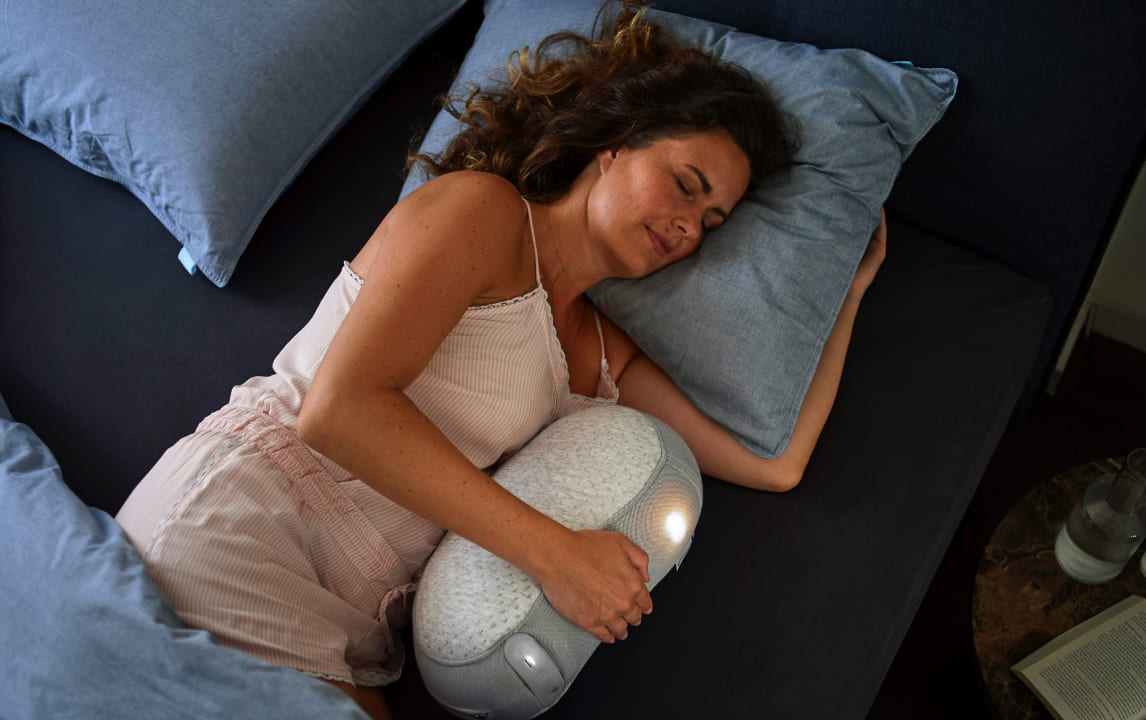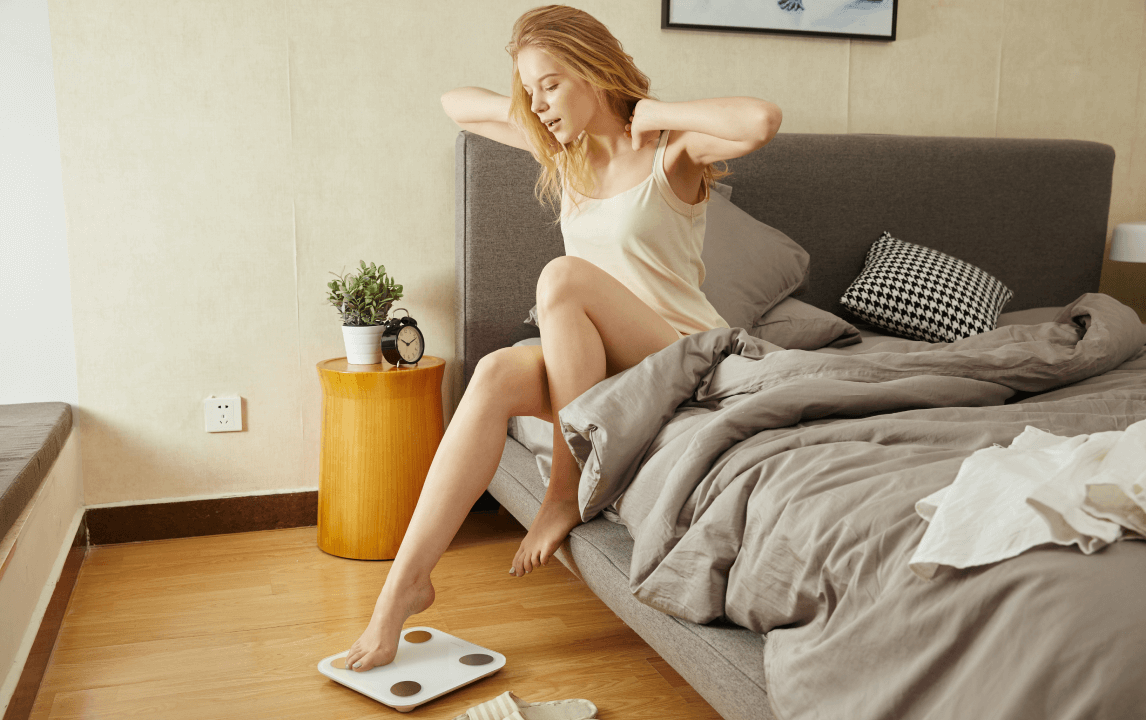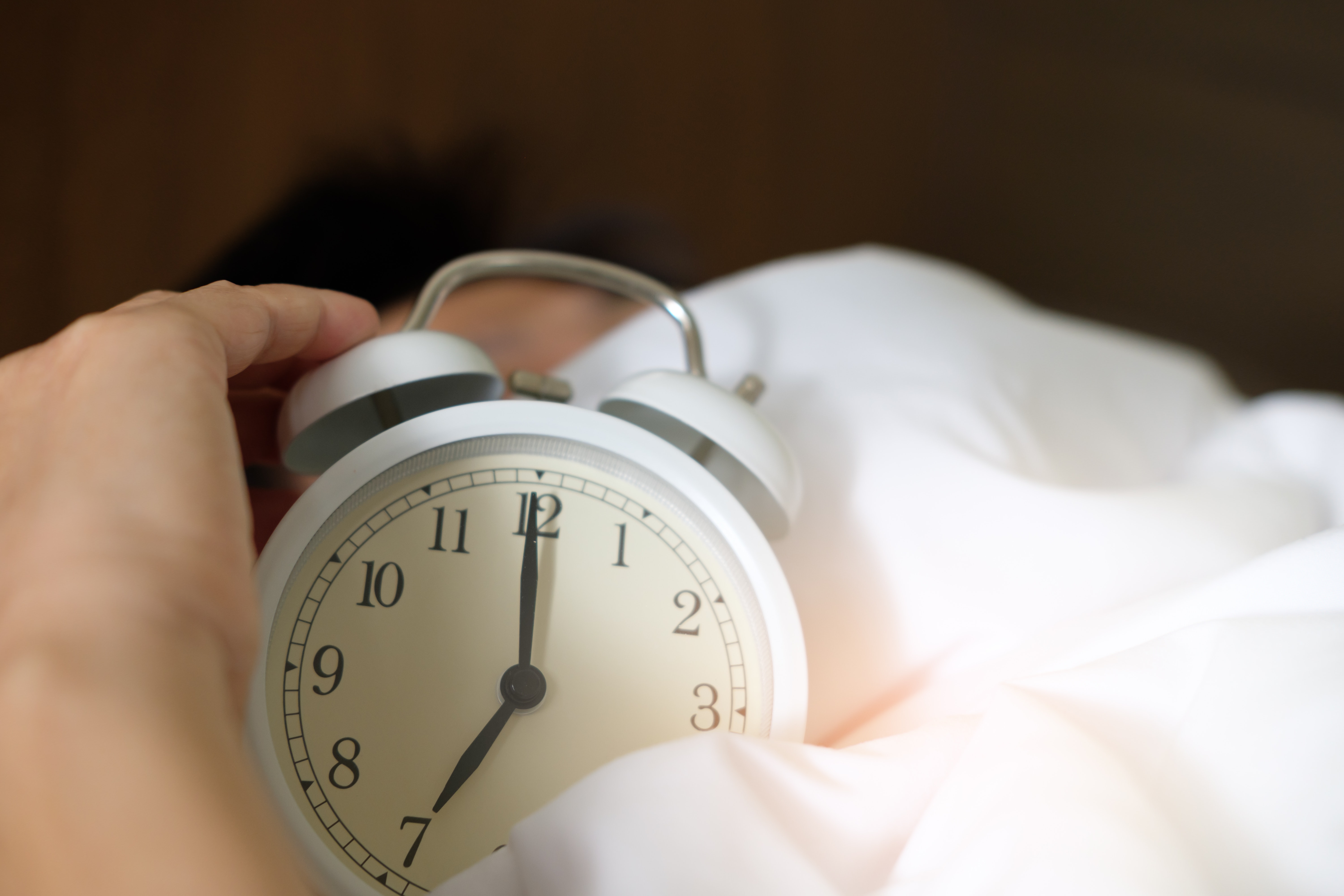Get rid of sleep anxiety and insomnia: Your guide to a better night’s rest
Do you have trouble falling asleep or staying asleep the whole night? These symptoms seem to be signs of insomnia. Most adults need seven to eight hours of sleep per night. However, some of adults are experiencing short-term insomnia which lasts for days or weeks. It’s usually the result of stress or a traumatic event. There are also some people who have long-term insomnia that lasts for a month or more, insomnia may be the primary problem for them.

How to Diagnose Insomnia
Insomnia is a common sleep disorder that can make it hard to fall asleep and stay asleep. Insomnia symptoms may include:
1. Difficulty falling asleep at night
2. Waking up during the night
3. Waking up too early
4. Not feeling well-rested after a night’s sleep
5. Daytime tiredness or sleepiness
6. Irritability, depression or anxiety
7. Difficulty paying attention, focusing on tasks or remembering
8. Increased errors or accidents
9. Ongoing worries about sleep
If symptoms occur at least three times per week for over three months, the patient will be diagnosed with chronic insomnia. If these benchmarks have not been reached, then the condition is known as acute insomnia.

How is Insomnia Treated
Changing your sleep habits and addressing any issues that may be associated with insomnia, such as stress, medical conditions or medications, can restore restful sleep for many people.
1. Good Sleep Habits
Behavior and lifestyle changes can best help you improve your sleep over the long term. Try to keep a regular sleep schedule, avoid heavy meals, smoking, alcohol, or caffeine near bedtime, and make sure your sleep environment is quiet and dark. Mintal Tracker will help you Fix Your Sleep Schedule.
2. Relaxation
Progressive muscle relaxation, biofeedback and breathing exercises are beneficial ways to reduce anxiety at bedtime. Practicing these techniques can help you control your breathing, heart rate, muscle tension and mood so that you can relax.
3. Exercise
Moderate exercise can help you sleep better and make you more energetic while awake. Aim for a 20- to 30-minute routine three or four times a week. Tailor the workout to your physical condition, and exercise in the morning or afternoon, not close to bedtime.
4. Sleep Medications
There are many medications that are effective for promoting to fall asleep. These sleeping pills can be classified as benzodiazepine and nonbenzodiazepine medications. Doctors recommend taking sleep medicines only now and then or only for a short time.
5. Cognitive Behavioral Therapy
If these measures don’t work, your doctor may recommend cognitive behavioral therapy, medications or both. CBT-I is a brief, structured intervention for insomnia, which can overcome the underlying causes of sleep problems, helping you identify and replace thoughts and behaviors that worsen sleep problems.
6. Use A Sleep Tracking App – Mintal
Mintal Tracker is its library of over 100 sleep sounds and stories, with categories including rain, white noise, meditation, and bedtime stories. These sounds have worked wonders and help you to fall asleep as smoothly as possible.









